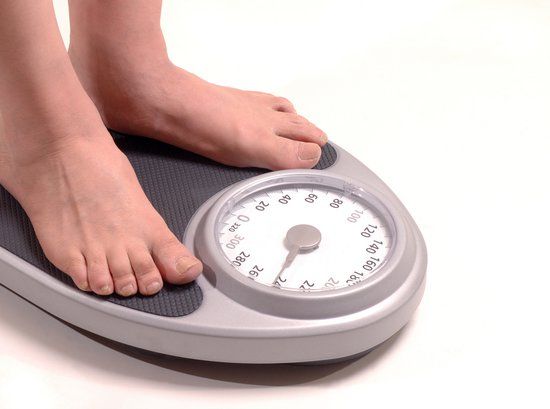Many studies have shown that your weight can affect your fertility, and now a new study has revealed a new theory on why severely overweight women may have less success with IVF than women with a normal BMI.
The USA study examined 276 eggs from women undergoing fertility treatment which had failed to fertilise. It found that eggs from severely obese women were of lower quality and less likely to fertilise successfully.
30 per cent of eggs from these women had disorganised chromosomes, compared to nine per cent from women with a healthy BMI. Whilst 60 per cent didn’t have the right structure, compared to 35 per cent from normal-weight women.
Researchers said that although this study is the first to show how obesity may harm egg quality, all the eggs studied were from stimulated cycles of IVF, and so the findings can’t be applied to women in general who aren’t going through infertility treatment.
More study is now needed to see what is causing the increase in abnormalities in eggs from severely obese women, but if you’re planning on embarking on IVF it’s important to make sure you’re as healthy as you can be before you start treatment, to ensure you’re giving yourself the best chance of success.
And whilst on the topic of IVF, if you have embryos frozen from a previous IVF cycle a new study suggests that using them may bring a better outcome than fresh embryos.
The University of Aberdeen studied 37,000 IVF pregnancies and noted that adverse outcomes – such as premature birth, low birthweights and stillbirths – were between 20 and 40 per cent lower in pregnancies where a frozen embryo was used.
This doesn’t mean of course that all infertility clinics should now routinely freeze all embryos. Because not all embryos are able to survive the freeze/thaw process, and as such fresh embryos will continue to be the route for IVF procedures.
But it does give reassurance about the outcome of frozen embryo replacement. Previous studies have shown no difference in pregnancy rates from IVF whether using frozen or fresh embryos, and again more research is now needed as to why it appears frozen embryos have a better outcome than fresh.
If you’re undergoing frozen embryo replacement and you have any questions, you can call us on 0161 300 2737. You can find out more about frozen embryo replacement here.
Last updated: 20th January 2020



